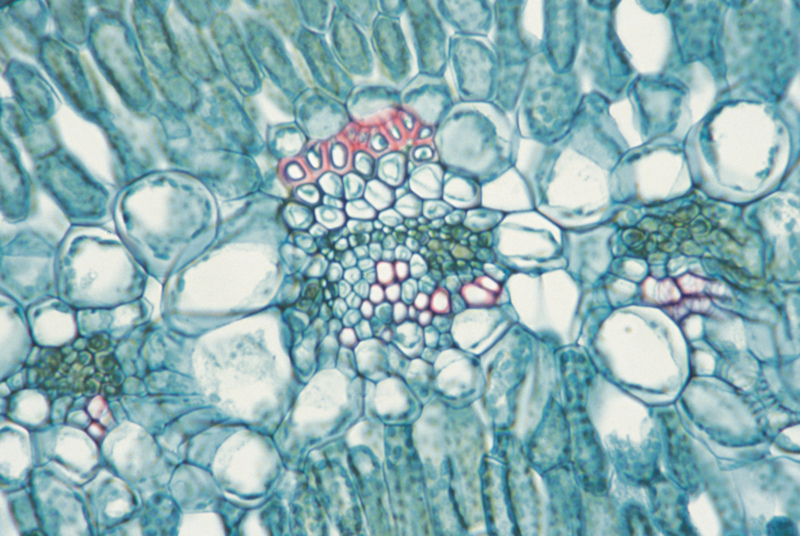THURSDAY, July 14, 2016 (HealthDay News) — Overweight and obese women who lose weight may lower their odds of developing cancer as their levels of cancer-linked proteins drop, a new study suggests.
These proteins — VEGF, PAI-1 and PEDF — promote the growth of blood vessels, a process that is necessary to help tumors thrive. The more weight the women lost, the greater the drop in the levels of these proteins, the researchers found.
“It’s another piece of evidence in the jigsaw of the benefits of losing weight, and how important weight loss is to prevent cancer,” said lead researcher Catherine Duggan. She is a principal staff scientist in the public health sciences division of the Fred Hutchinson Cancer Research Center in Seattle.
In general, losing weight reduces the risk of breast, colon and prostate cancer by as much as 20 percent, she said. This might be due to a reduction in inflammatory factors stored in fat as well as a drop in levels of these proteins, Duggan suggested.
These proteins increase with weight, she explained. “As people gain weight, new blood vessels are required to bring oxygen and nutrients to the stored fat,” she said. The same process happens in men.
Whether these proteins cause cancer isn’t clear, and the study did not prove that, but they might make the environment favorable for tumors to start growing, Duggan said.
“We can’t say these factors cause cancer, but we do think that these factors may make tumors grow. So if you reduce them, these dormant cancer tumors might not make the switch and start to grow, but we can’t say for sure,” she said.
For the study, Duggan and her colleagues randomly assigned 439 overweight and obese postmenopausal women, aged 50 to 75, to one of four groups.
The groups included: a calorie-restricted diet of no more than 2,000 calories a day; an aerobic exercise program of 45 minutes of moderate to vigorous exercise five days a week; a combination of diet and exercise; or no diet or exercise. The researchers took blood samples at the start of the study and a year later.
After adjusting for weight, age, race and ethnicity, the researchers found that women in the diet and exercise groups lost from 2 percent to 11 percent of their body weight, while women who did not take part in these programs lost less than 1 percent of their body weight.
Moreover, compared with women who did not diet or exercise, those who dieted, or dieted and exercised, had significantly lower levels of the proteins. However, this effect was not apparent in women in the exercise-only group, Duggan said.
The report was published July 15 in the journal Cancer Research.
One expert isn’t sure that lowering these proteins might reduce the risk for cancer.
“We really don’t know how far down these proteins have to go to have a real effect,” said Victoria Stevens, strategic director of laboratory services at the American Cancer Society.
Cutting the blood supply to tumors has been tried, but so far the results of this approach have been mixed, she said.
But, “we know being obese or overweight increases cancer risk, so anything to avoid that, such as weight loss, should be a good thing in reducing cancer risk,” Stevens said.
More information
Visit the American Cancer Society for more on cancer.
Copyright © 2026 HealthDay. All rights reserved.

